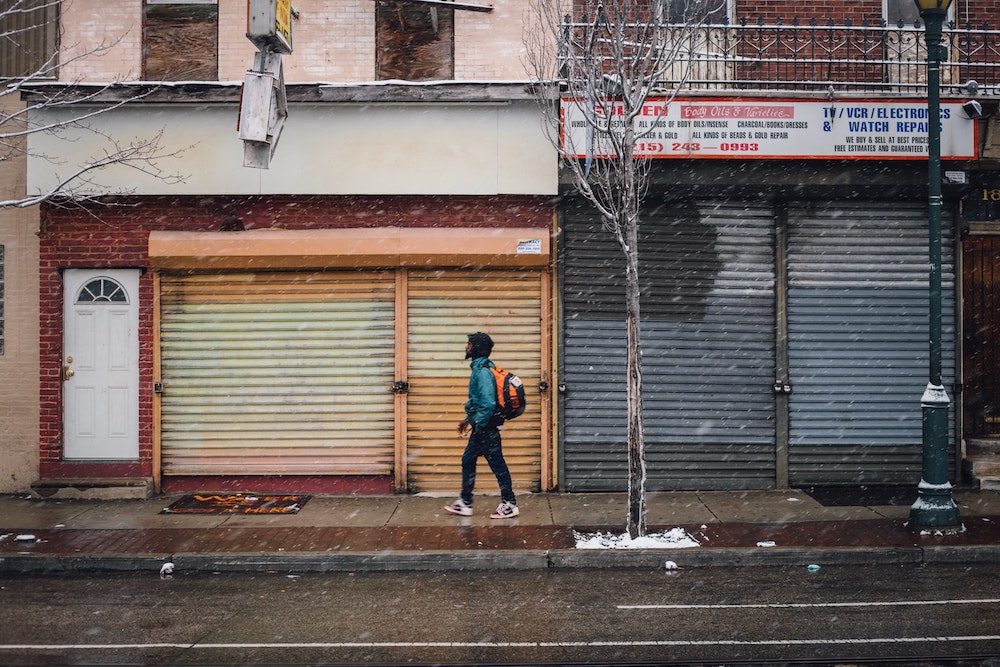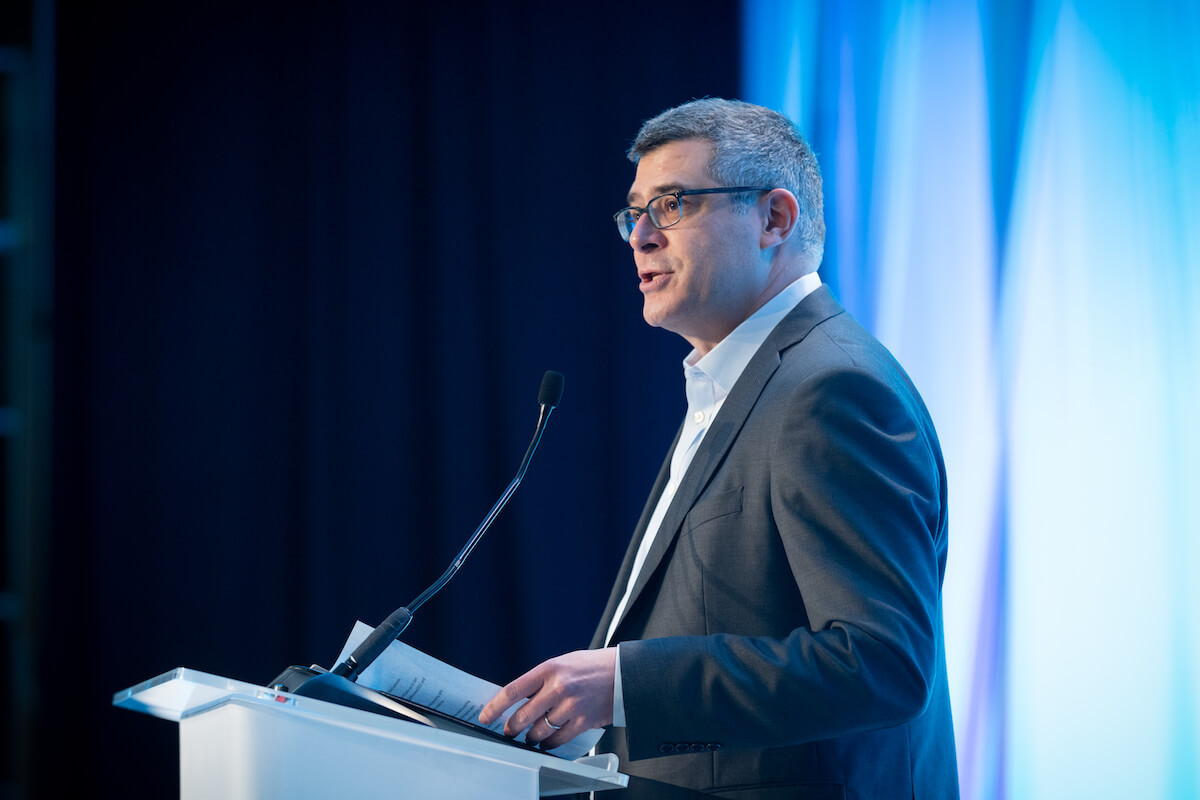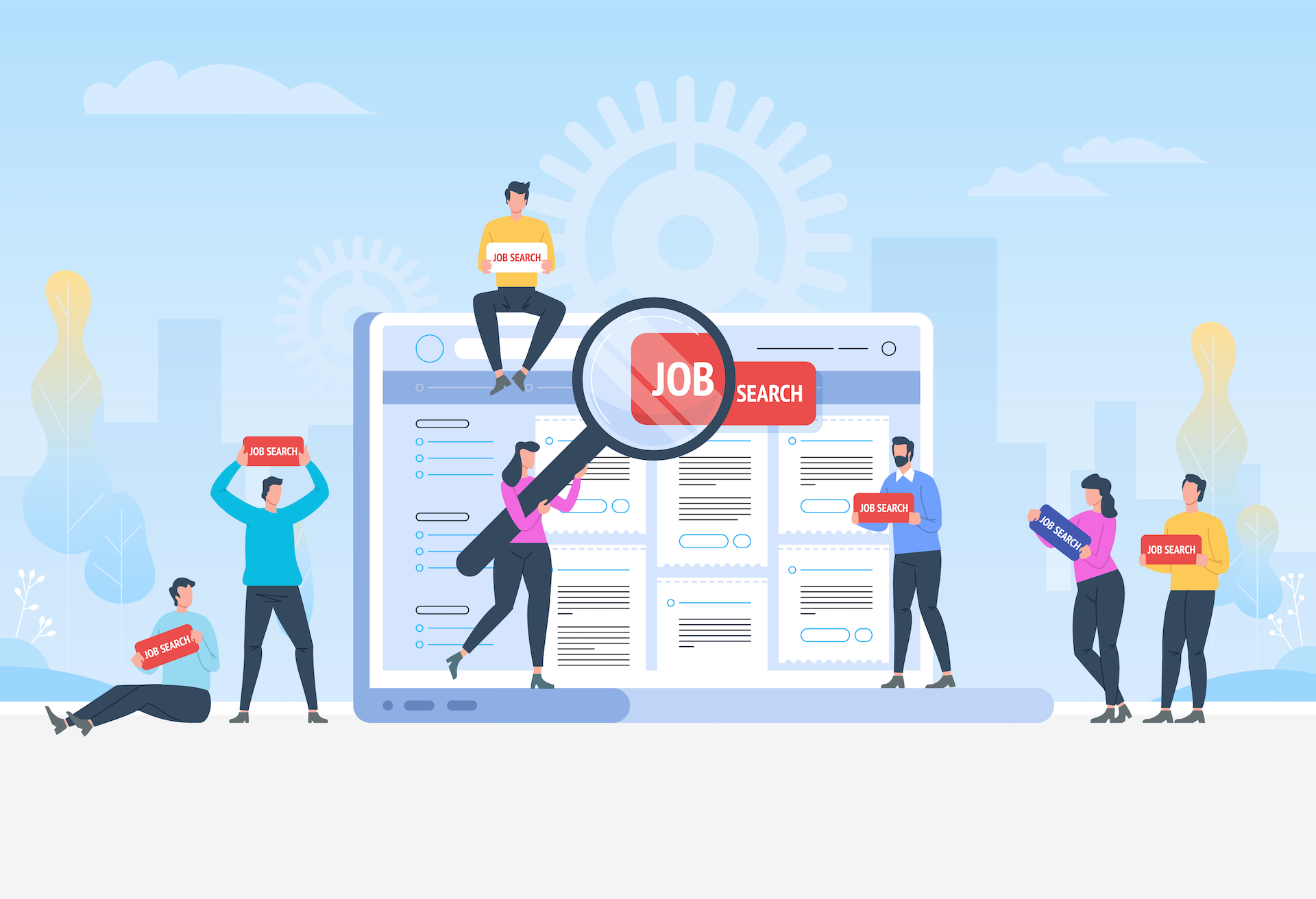Greetings, Agents of Impact!
Featured: ImpactAlpha Original
Opportunity Zone capital flows to real estate but not to small businesses – or impact. When it was just a few well-connected plutocrats making headlines for questionable real estate projects, it was still possible to hope that Opportunity Zones would prove to be a major new source of capital for community-based businesses in underserved neighborhoods. Almost two years after the capital-gains tax cut went into effect, the conclusion is inescapable: few dollars are flowing to projects promoting equitable development or in small businesses with the potential to create local wealth and jobs. The vast majority of tax-advantaged capital is going to quick-turn real estate projects, many of which would have been completed even without the tax break. A public database maintained by Novogradac suggests more than 600 Opportunity Funds have raised more than $10 billion. Only 4% of those funds target operating businesses. What’s more, Opportunity Zone investors appear to be pulling back, just as the economic fallout of COVID wreaks havoc on Black-owned businesses in low-income communities and when small operating businesses need capital more than ever.
- Structural issues. “It was sobering even to me, who has had a healthy skepticism about this,” said Brett Theodos of the Urban Institute, which spoke with 70 project sponsors, developers, investors, philanthropies and others working on mission-oriented Opportunity Zone projects across the U.S. The assessment: Larger, higher-return real estate projects – not operating businesses with the potential to create wealth and jobs – are gaining the bulk of investor attention, and capital. “There are some more fundamental and structural issues that make it hard to use for impact,” Theodos told ImpactAlpha.
- What’s working. Scrappy developers, local coordinators and mission-oriented investors have managed to secure financing for some impact-oriented mixed-use projects. But such deals have been cobbled together with other subsidies, partnerships, and blended capital structures that include philanthropic capital. “I was originally very excited about the ability to put capital into operating businesses but it’s been far more challenging than we thought it would be,” Blueprint Local’s Ross Baird told ImpactAlpha.
- Policy change. Among Urban Institute’s prescriptions: support for alternatives to pure equity financing, including subordinated debt or hybrid debt and equity; incentives for impact, such as the creation of quality jobs, rather than providing the largest subsidies to the most profitable projects; expanding the ranks of Opportunity Zone investors, by providing refundable tax credits, rather than capital gains tax breaks; and allowing equity investments in community development finance institutions, or CDFIs, which have a long track record of investments in community-based projects.
Keep reading, “Opportunity Zone capital flows to real estate but not to small businesses – or impact,” by Dennis Price on ImpactAlpha.
Dealflow: Follow the Money
Reconnect secures $3.7 million to help the recently incarcerated navigate parole… Nearly 350,000 people return to prison in the U.S. each year because of violations of exhaustive parole and probation requirements. The system “sets people up to fail,” according to the non-profit Prison Policy Initiative. Maine-based Reconnect aims to reduce people’s odds of failure by streamlining monitoring and compliance of parole requirements and court orders for people awaiting trial. Reconnect does not purport to be a systemic fix, but it’s helping improve the odds of rehabilitation, explained Eric Chapman of SustainVC, which backed the company’s funding round. Yes VC, 6ixth Event, and Maine-based entrepreneur David Shaw also invested.
- Tech upgrade. The platform handles curfew checks, video check-ins with case workers, random testing reminders and other court and parole requirements, all from a smartphone. It’s an upgrade from outdated and expensive ankle monitors, which most users have to pay for. Reconnect is piloting a smartphone rental service to keep equipment costs down for users.
- Enabling rehabilitation. Reconnect’s solution lets caseworkers and parole officers focus more on rehabilitation efforts than administrative tasks, Chapman told ImpactAlpha. “This was a tricky investment to look at because it’s operating in a larger system that’s designed to make people fail,” added SustainVC’s Jazmine da Costa. “But there are people within the system who are really trying to help.”
- Remembering Rayshard. Reconnect produced a video series earlier this year of individuals sharing their struggles with the U.S. criminal justice system, which included an interview with Rayshard Brooks, who was killed by Atlanta police on June 12.
- Read on.
… and APDS secures $5 million to offer education in prisons. The B Corp’s tablet-based learning platform for inmates provides education, rehabilitation and job training, including GED preparation, English and cognitive behavioral therapy. It’s available in 88 facilities in 17 states. Co-lead investors New Markets Venture Partners and ReThink Education reupped their commitments in the company’s Series B round.
- Prison edtech. Earlier this year, Nucleos raised early funding for its prison education and vocational training programs. Chicago-based Edovo also offers tablet based learning for inmates.
- Share this.
Lactips secures €13 million for alt-plastic. The French company makes soluble bio-plastic from low-quality milk that dairies that would otherwise toss out. Uses for Lactips’ product include food packaging and dissolvable laundry detergent sachets. Société de Projet Industriel and Mitsubishi Chemical Holdings Corporation’s investment arm backed the round.
Kiva Capital scores grant to design women’s impact fund. The White House-led Women’s Global Development and Prosperity Initiative and USAID awarded Kiva’s investment arm a $2.5 million grant to build out a $100 million gender impact fund. Last year, Kiva Capital launched its first institutional investment fund to support refugee livelihoods (see, “Q&A: CEO Neville Crawley wants Kiva to change systems as well as lives”).
Impact Voices: Pass the Mic
Putting people at the center of financial structures. Alternative funding structures such as revenue-sharing and venture debt are helping impact investors redesign risk finance, distribute ownership and decentralize control, wrote Aunnie Patton Power in “10 ways to redesign venture finance for a more inclusive post-COVID world“ on ImpactAlpha. In response to Power’s post, Sandhya Nakhasi and Ryan Glasgo of Community Credit Lab, a Seattle-based nonprofit lender, argue that structures need to be designed for people and communities first, investors second. Too often, as “conversations shift towards risk, subordination, benchmarks and pricing,” impact investors lose sight of their original goals, they say. “We subordinate impact in our structures because we are designing for LPs, not the people we seek to serve.” (Glasgo was a student of Patton’s at Oxford’s Saïd Business School).
- Designing for impact. Relevant in a post-COVID context: nonprofit principles, design principles, collaboration and empathy. Increased transparency and shared templates can help reduce legal and set-up costs for community-oriented fund managers testing new strategies, especially across geographies. “It’s important to center shared goals and people in our structures, otherwise they will fall flat on achieving our impact goals.”
- Share this post.
Agents of Impact: Follow the Talent
Former U.K. MP Nick Hurd joins i(x) investments as a senior advisor focused on the climate emergency… Echoing Green is hiring a director of development in New York… Wellington Management seeks an ESG analyst of global technology in London… Social enterprise Beam is looking for a director of business development in London… Spectrum Impact’s Rehana Nathoo is hosting “Meeting Asset Owners Where They Are: Exploring the Effects of #COVID19,” with RBC’s Catherine Chen, Wetherby Asset Management’s Justina Lai, and Align Impact’s Eric Stephenson on Wednesday, July 8.
Thank you for reading.
— June 30, 2020











